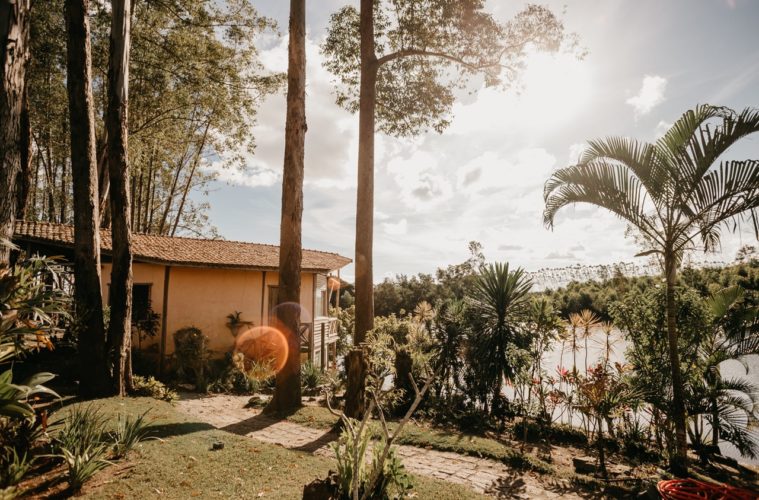The global pandemic is not only a public health concern but is increasingly an economic concern as well. While central banks have been busy injecting money into the market, the reality is that in most countries, the response to the real estate market has been uneven at best.
Yes, governments have put in place moratoriums on evictions and foreclosure. Still, issues such as looming property tax payments and the delinquencies from many renters have put pressure on landlords everywhere. While some property owners are better positioned than others to withstand the current crisis, most are small businesses themselves. As such, landlords are also hurting from COVID.
The End of Commercial Real Estate
While this sector of the real estate market does not get as much press as residential properties (apartment buildings, and single and multi-family homes), commercial real estate is under tremendous pressure. The carnage is not only being felt in the big cities, but also suburbs and small towns. Mostly as offices have emptied and stores have either been forced to close due to lockdowns or have been pushed out of business by the further acceleration of online shopping.
Not only does this mean that landlords are losing rental income from these properties, but they are also under pressure from their banks to continue servicing loans and from state and local governments for the property taxes they own.
The cash crunch also means that landlords will need to either furlough or let go of the workers they need to keep their properties running. This means letting go of security guards, janitorial staff, and specialists who work on heating and cooling systems. It could also mean that they need to terminate contracts with outside companies that provide these services – many of whom are small businesses.
No Peak Season for Hotels
Before COVID, the hotel industry was extremely lucrative, and developers were eager to build new hotels or to add existing developments to their portfolios. However, a combination of travel bans, fears about contracting the virus while traveling, less business demand, and consumers spending less means that most hotels are empty.
This is bad news for hotel operators, as many have used bank debt to pay for their development. In the short-term, the only option might be bankruptcy. However, many hotel owners are hoping that either the situation will improve, and people will start traveling again or that governments will start bailing out hotel owners.
However, few industry observers believe that a bailout will come anytime soon – at least for privately owned hotels. As such, the reality is that hotel operators are in for a tough year or two, and those who can continue to service their debt will be able to ride out the storm.
Apartments and Multi-Family Homes
While this sector has traditionally been one of the most popular with investors, government response to the economic fallout from COVID has upended the economics of the industry. This is not to decry evictions bans, as the reality is that the pandemic has walloped renters. But the responses have focused mainly on one side of the equation, and this has put many small landlords in jeopardy of losing their investment.
Adding to the complication is the fact that few renters can afford to move at this time, and this means that it has become harder for landlords to determine who can cover their rents during this time. One option is to get a tenant screening report to help determine if a prospective renter will be a good fit.
While another option is to find ways to keep current tenants for a long as possible. This could be achieved by offering discounts or by extending lease terms. The advantage is that landlords can keep their units rented without having to incur the capital expenses related to bringing a vacancy back to the market.
The Lone Bright Spot: Single-Family Homes
The one bright spot, in parts of the country, has been the market for single-family homes. This has been driven by affluent renters seeking to get out cities and with existing owners delaying plans to sell their homes. The result is that there are fewer homes on the market, and this has led to prices remaining high in several markets.
While it might not seem like an opportunity, some landlords have been snatching up single-family homes to rent out the properties while demand remains high. However, this approach is not without its risk as home prices in many areas are near records, and the vacancy risk of a single-family home could make it hard to justify the investment.

